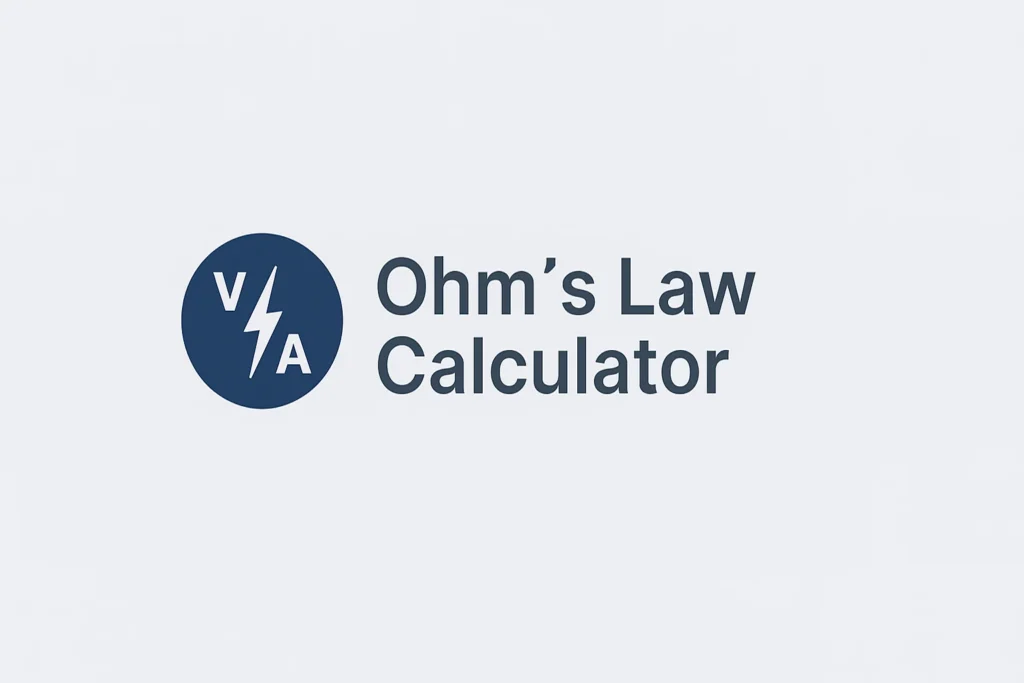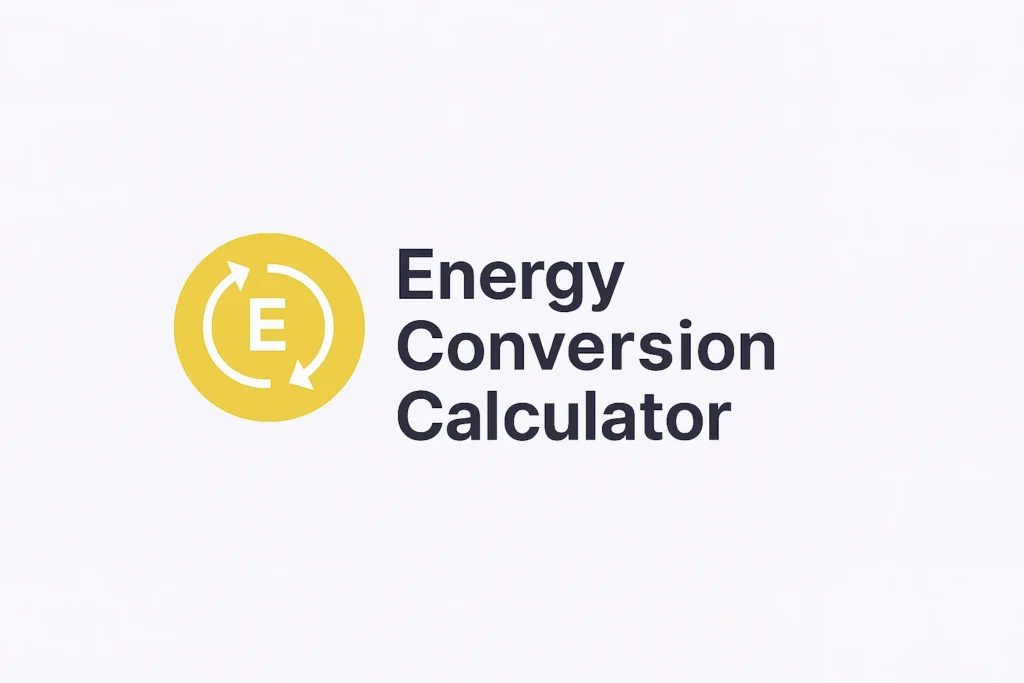Capacitance Calculator
Parallel Plate Model
1. Input Parameters
Formula used:
Understanding Capacitance
What is Capacitance?
Capacitance ($C$) is the measure of an object’s ability to store an electrical charge. A common device used to store this charge is the capacitor, typically consisting of two conductive plates separated by a dielectric (insulating) material. The standard unit for capacitance is the Farad (F).
The Parallel Plate Formula
The capacitance of a simple parallel plate capacitor is determined by the physical dimensions and the material between the plates. The formula is:
Where:
- $C$: Capacitance in Farads (F)
- $\varepsilon_0$: Vacuum Permittivity, a fundamental constant. $$\varepsilon_0 = 8.85 \times 10^{-12} \, \text{F/m}$$
- $\varepsilon_r$: Relative Permittivity (Dielectric Constant), a dimensionless value representing the material between the plates (e.g., $\varepsilon_r \approx 1$ for air or vacuum).
- $A$: Plate Area in square meters ($\text{m}^2$).
- $d$: Distance between plates in meters (m).
Capacitance is directly proportional to the plate area ($A$) and the relative permittivity ($\varepsilon_r$), and inversely proportional to the plate separation ($d$).
Step-by-Step Usage Guide
- Input Plate Area ($A$): Enter the surface area of one of the capacitor plates in square meters ($\text{m}^2$).
- Input Plate Separation ($d$): Enter the distance separating the two plates in meters (m). Ensure this value is greater than zero.
- Input Relative Permittivity ($\varepsilon_r$): Enter the dielectric constant of the material filling the space between the plates. Use $1.0$ for a perfect vacuum or air.
- Calculate: Click the “Calculate Capacitance” button.
- Interpret Results: The calculated value for $C$ (Capacitance) will appear in the result box, expressed in Farads (F) using scientific notation, if needed, for clarity.





